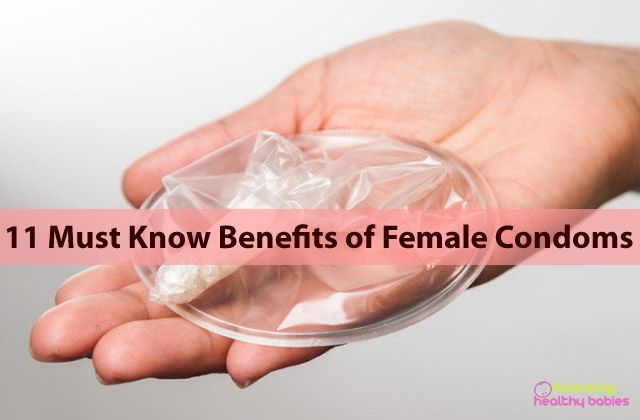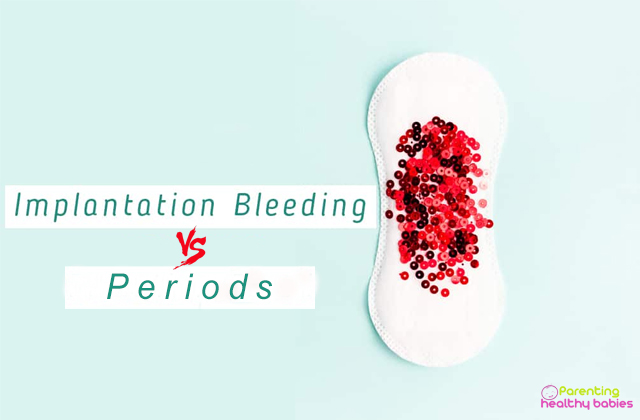
The moment having pets around you gives you some kind of allergy, the proverbial honeymoon is over and you might have to consider giving your pet away, particularly if you end up with allergies, eczema or asthma. However, that might be an extreme step and in order not to reach that stage, here are 11 workable ways by which you can get rid of pet allergies and still enjoy having your cutie around:
11 Tips to Reduce Pet Allergies at Home
1. Go in for a short-haired pet: You can control the symptoms of pet dander by choosing a domestic pet with a short coat of hair. As you’re probably aware, we tend to be allergic to pets due to the skin particles and saliva that they give out, which often get to us through their coat. So, by choosing a short-haired pet and one that doesn’t shed hair too much, you could reduce the chances of contracting any allergies from him.
2. Keep your distance: You can reduce the possibility of having dander in the house by sending your pet out into the yard for as long as possible. If you live in an apartment where this isn’t possible, take care to see that it doesn’t enter your bedroom and make itself comfortable on your bed. Lastly, if you are asthmatic or any one of your family is, the pet should be barred from entering your private space. If your kids have allergies, ensure that they do not come in close contact with the pet and do not touch it. If they do, they should wash their hands immediately.
3. Give him a bath regularly: According to research, bathing your pet reduces the allergens that lodge in their dander, so it pays to bathe your pet. The advantage of bathing your pet is to eliminate the possibility of having dead skin cells that have already shed. Bathing your pet often also reduces the risk of experiencing allergies. After a bath, it helps to brush his coat with a clean brush to get rid of all the dander that could cause an allergic flare-up in you or anyone in your family. For this, you may like to enlist the help of professional grooming services to brush out his undercoat and help with removing any accumulated dander.
4. Clean your home vigorously: By dusting and vacuuming your home as often as you can dander, dust mites and various kinds of allergens will be eliminated. If you use a vacuum cleaner with a HEPA filter it would go a long way in getting rid of unwanted dander and dust. It also helps to dust and clean your home in the absence of a member with allergies.
5. Don’t allow pets on the sofa or bed:If you have a frisky pet that always wants to be where you are, keeping him off your bed or sofa will be a big job for you. However, in the interests of your family’s health, you should keep him off your sofa, chairs, bed, couch, etc so that your exposure to dander and allergies is minimal. Another workable solution is to use allergen-resistant bedding which will keep dander out of the bedroom permanently. Also, ensure you don’t travel with your pet by car as dander can easily travel from him to you in a small and confined space. At home, wash all fabrics and furnishings that the pet may come in contact with, such as blankets, cushions, throws and sofas.
6. Close all air registers: If your home has air conditioning or forced-air heating, you might want to close the air registers so that the least amount of dander circulates all over your home. Instead of closing all of them, you could close just those where allergic members of your family live or spend the maximum amount of time. You could also invest in a room air cleaner or an air conditioner with a HEPA filter.
7. Clean the litter box as often as you can: Your pet’s litter box is the perfect environment for a build-up of ammonia. When this happens over time, the stink is stronger and will cause serious health problems to you. To avoid such a situation, empty the feces once a day and change the litter every three to four days. Spray the litter box with water to prevent yourself from inhaling dust and remember to wear gloves and a mask when doing this.
8. Your pet’s cage must be clean: No matter what pet you may have, if it lives in a cage, it ought to be clean or it will be the perfect breeding ground for asthma and allergy, what with the urine and dander it produces. For a clean environment, you should clean your pet bird’s cage once a week and move it out of its present location for a little while.
9. Replace all furnishings and furniture: In order not to have any remnants of dander in your home, it would be best to get rid of all existing furniture and furnishings and get a new set. Of course, this is expensive, but so is medical therapy. For best results, replace all upholstered furniture, carpets, bedding, sheets and bed linen and insist on having allergen-blocking covers.
10. Cut off an area of your home for your pet: Have a safe place for your pet where he spends most of his time and is in minimal contact with the family. This will bring about health benefits for your family and give you peace of mind.
11. Grow plants indoors: House plants can help clean the air indoors and get rid of allergens and odors. Plants are the best form of air filters for pollutants such as ammonia.
These home remedies have been used for several decades in reducing pet allergies at home. They are safe to use even in households with young children. Try them!












